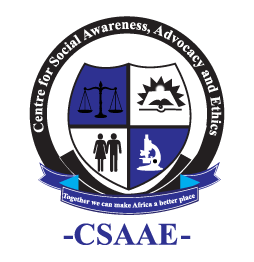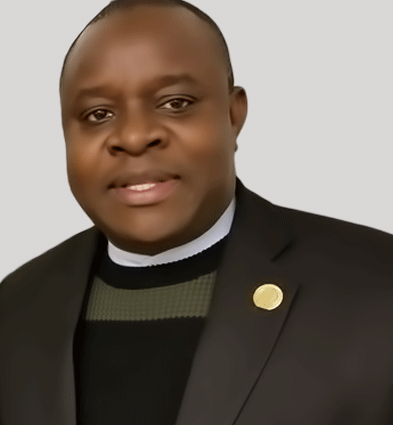Article 9 of the Universal Declaration of Human Rights states that, “No one shall be subjected to arbitrary arrest, detention, or exile”. This fundamental principle emphasizes the inherent dignity and rights of every individual and the need to safeguard those rights against abuses of power by authorities. In Nigeria, as in many parts of the world, this right remains crucial in ensuring justice, fairness, and respect for human rights.

The essence of Article 9 is clear, no one should be deprived of their liberty arbitrarily. This means that individuals should not be arrested without a warrant, detained for exercising their civil rights, or held unlawfully beyond the time prescribed by law. Furthermore, upon arrest, individuals should have the right to notify their lawyer, ensuring access to legal representation and due process.
This Article applies to all Nigerians, without exception. It prohibits any individual, including security agencies and the government, from arbitrarily depriving others of their freedom. Unfortunately, violations of this right are not uncommon, with instances of unlawful arrests, prolonged detention without trial, and failure to comply with court orders for release.
While the freedom from exile is generally respected in Nigeria, it is overshadowed by the prevalence of arbitrary arrest, detention, and even extrajudicial killings, especially targeting political opposition. The government’s use of law enforcement agencies to intimidate and harass opposition members constitutes a breach of this fundamental right.

To address these challenges and uphold Article 9 of UDHR, concerted efforts are needed at various levels:
- Support for Legal Services: Initiatives aimed at providing free legal services, particularly to vulnerable groups such as women, should be encouraged and supported. Access to legal aid ensures that individuals can defend their rights and seek redress in cases of arbitrary arrest or detention.
- Citizen Empowerment: Citizens must be aware of their rights and empowered to assert them. This requires education and advocacy efforts to ensure that individuals understand their rights and have the confidence to demand justice, even at great personal risk.
- Judicial Accountability: The judiciary plays a crucial role in upholding the rule of law and ensuring government accountability. Judges should utilize all lawful means to compel the executive branch to comply with court orders, particularly in cases involving arbitrary arrests and detentions.
Article 9 of the Universal Declaration of Human Rights serves as a protection for individuals facing arbitrary deprivation of liberty. Upholding this right requires collective action, including legal support, citizen empowerment, and judicial accountability. By standing firm against arbitrary arrest, detention, and exile, we will uphold the principles of justice, dignity, and human rights for all Nigerians.


